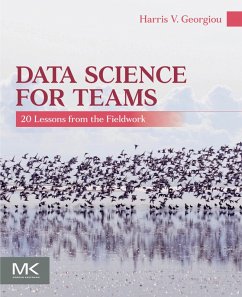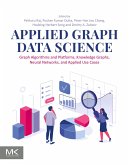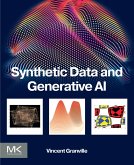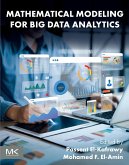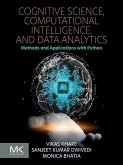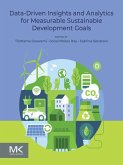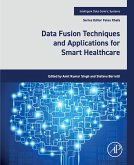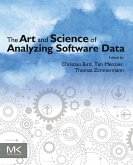Managing human resources, time allocation, and risk management in R&D projects, particularly in Artificial Intelligence/Machine Learning/Data Analysis, poses unique challenges. Key areas such as model design, experimental planning, system integration, and evaluation protocols require specialized attention. In most cases, the research tends to focus primarily on one of the two main aspects: either the technical aspect of AI/ML/DA or the teams' effort, or the typical management aspect and team members' roles in such a project. Both are equally import for successful real-world R&D, but they are rarely examined together and tightly correlated. Data Science for Teams: 20 Lessons from the Fieldwork addresses the issue of how to deal with all these aspects within the context of real-world R&D projects, which are a distinct class of their own. The book shows the everyday effort within the team, and the adhesive substance in between that makes everything work. The core material in this book is organized over four main Parts with five Lessons each. Author Harris Georgiou goes into the difficulties progressively and dives into the challenges one step at a time, using a typical timeline profile of an R&D project as a loose template. From the formation of a team to the delivery of final results, whether it is a feasibility study or an integrated system, the content of each Lesson revisits hints, ideas and events from real-world projects in these fields, ranging from medical diagnostics and big data analytics to air traffic control and industrial process optimization. The scope of DA and ML is the underlying context for all, but most importantly the main focus is the team: how its work is organized, executed, adjusted, and optimized. Data Science for Teams presents a parallel narrative journey, with an imaginary team and project assignment as an example, running an R&D project from day one to its finish line. Every Lesson is explained and demonstrated within the team narrative, including personal hints and paradigms from real-world projects. - Provides well-defined learning items in the form of Lessons, with clear structure and expected learning outcomes - Presents concepts in a narrative format that includes a running case study throughout the book, for better understanding and increased engagement - Demonstrates how to accomplish the fusion of organizational needs and constraints regarding a high-end R&D team, together with the requirements from the aspect of every day project management (deadlines, deliverables, milestones, scheduling, risks). - Shows how to transform typical project management into functional team-oriented goals and targets, in the context of iterative progress and continuous adaptation; this requires not just an Agile approach to project management, but a complete re-thinking of target setting and team evolution as a unit - Provides readers with deep understanding of how such R&D projects work in the real-world, including the everyday challenges, complexities and minimum-risk solutions; for educators in academia, this is probably the last phase of preparing future AI/ML/DA professionals for the tasks they will soon face
Dieser Download kann aus rechtlichen Gründen nur mit Rechnungsadresse in A, B, BG, CY, CZ, D, DK, EW, E, FIN, F, GR, HR, H, IRL, I, LT, L, LR, M, NL, PL, P, R, S, SLO, SK ausgeliefert werden.

